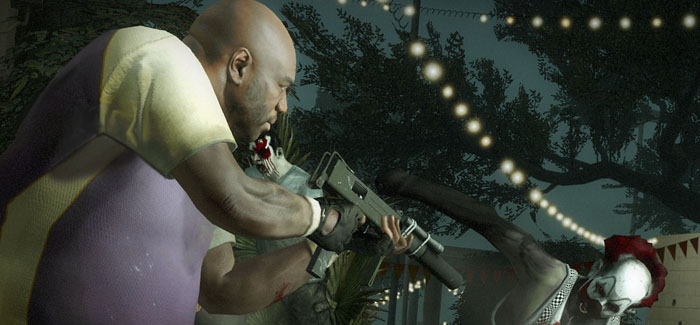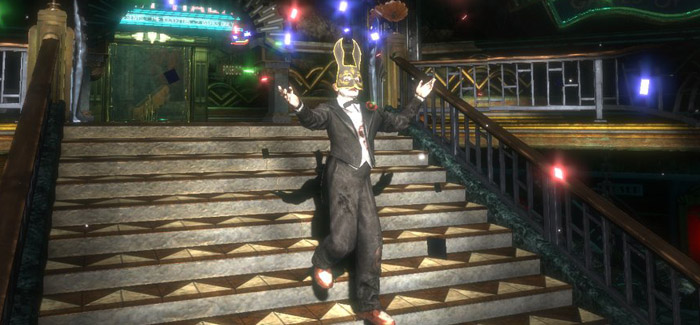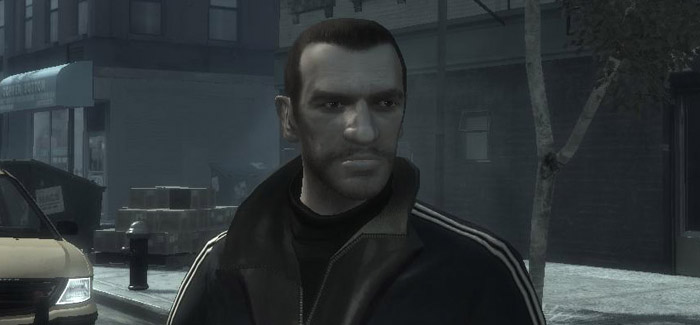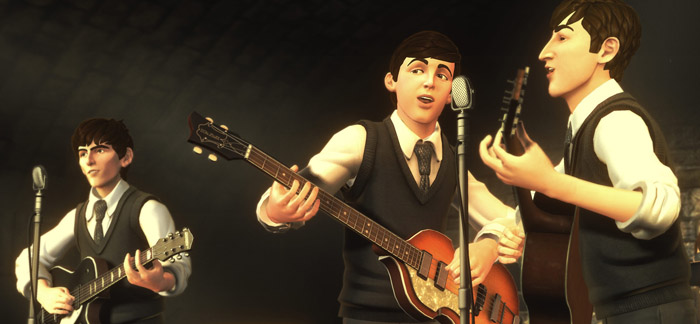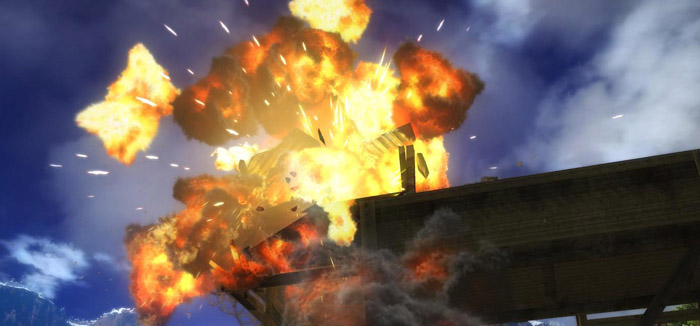Kalt, Germany — Roughly 30 years after the first shot was fired, it seems nothing — not the billions of lives lost, not the trillions of dollars spent, not even the repeated assassination of the dreaded Mecha-Hitler — will bring about the end of World War II. Citizens the world over have begun to wonder if the brutal, destructive conflict will ever end, and why it hasn’t already.
“Well, It’s an extremely popular war,” says Sergeant Bill Taylor, who has personally participated in thousands of invasions of Normandy. “Simple as that. Soldiers love it. Ask a soldier to choose which war he’d most like to fight and die in, and he’ll choose World War II. Every time.”
Variety, Taylor surmises, is one of the big reasons the war remains so popular with soldiers both young and old. “You like tanks? Planes? Trench warfare? Submarines? You want to shoot guys close-up, or give orders to a squad from a safe distance? You want to fight in Europe or Russia or Africa or the Pacific? World War II has got it all. It’s just a fantastic war.”
Taylor admits recruitment in the decades-long conflict does seem to drop from time to time, but remains confident that every few months the fighting will escalate once more, drawing in new combatants as well as battle-hardened veterans.
“Sometimes soldiers will leave and try out another war. Maybe in another time period, like Ancient Rome or the Napoleonic Era. Sometimes they go fight in space or with a bunch of stupid elves or something, but eventually they come back to good old World War II. ”
“Sure, there are more modern conflicts,” he adds. “The Middle East is hot right now. But World War II is a classic, and you just can’t beat a classic.”
As well as its popularity among soldiers, some cite the increase in complexity of the seemingly endless war as an important factor in its longevity.
“Early on in the war, the conflict was relatively simple, maybe a single pilot in a Super Ace plane, trying to single-handedly destroy the Japanese fleet,” says Captain B.J. Blazkowicz, who has fought in numerous campaigns against Nazi forces.
“When I started fighting, it was just me, creeping around a Nazi stronghold, bribing guards, unlocking chests, looking for secret Nazi war plans. Later, it got a lot more violent and more complicated. More weapons, more enemies. Now, instead of lone soldiers facing throngs of Axis enemies by themselves, I look around and see the battlefields are full of soldiers. Twenty-four, thirty-two, sometimes even more.”
Whether due to popularity, complexity, or the sheer number of different ways for soldiers to join the fight, it remains certain that World War II is showing no signs of letting up.
“When faced with the choice of fighting in modern conflicts, space wars of the future, or sword-and sorcery battles in medieval or fantasy realms,” Sergeant Taylor concludes, “we’re finding that many soldiers will still choose World War II.”
“Let’s face it. No one will ever get tired of killing Nazis.”


